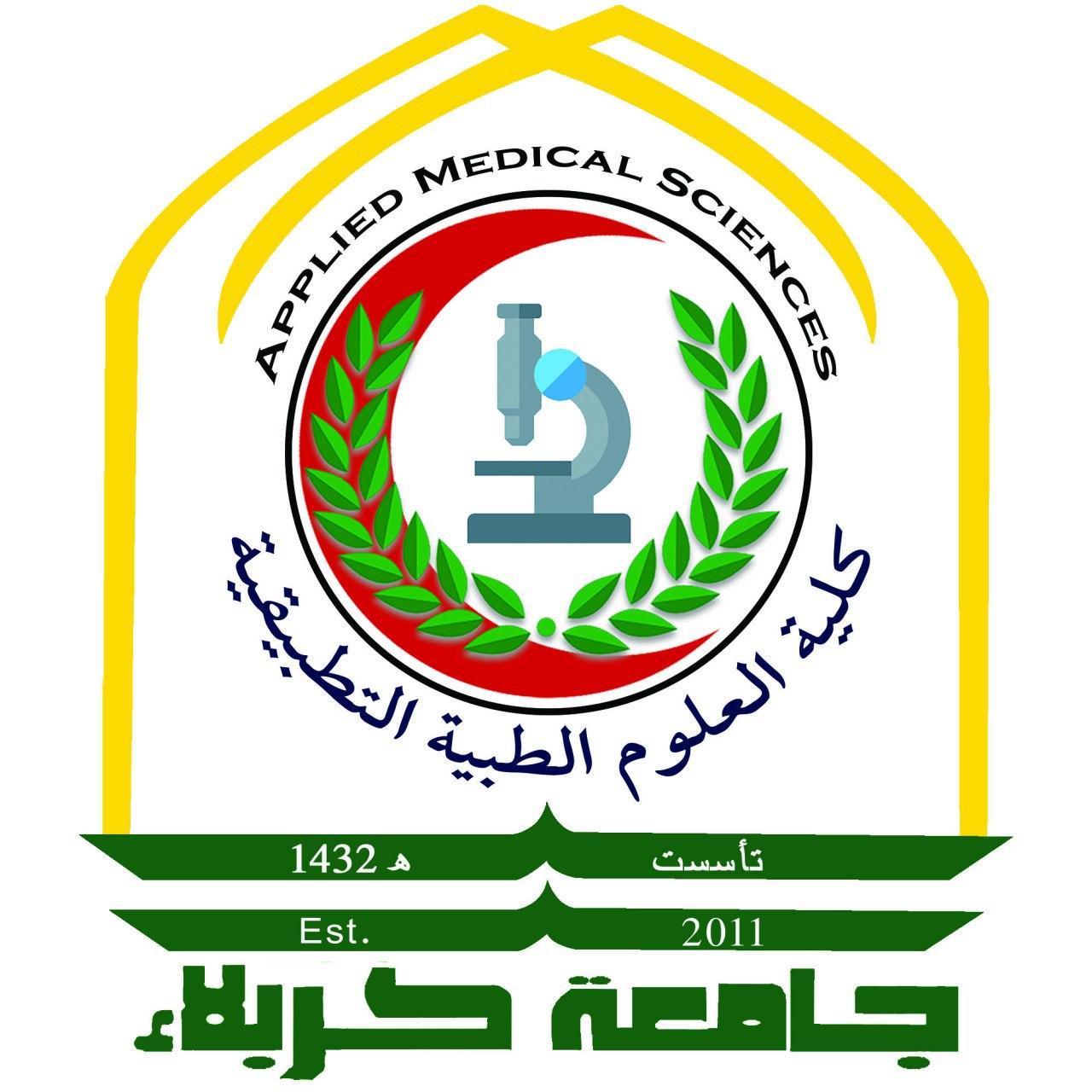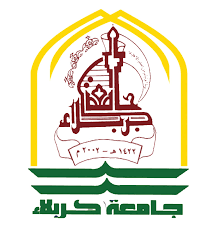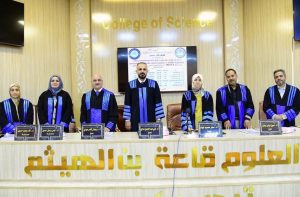Template Synthesis of Sn(II), Sn(IV) and Co(II) complexes via
3-Aminopropyltriethoxysilane and Salicylaldehyde and Evaluate their Antibacterial Sensitivity
INTRODUCTION
In template method, a metal ion can play an important
role in directing the reaction towards the desired ligand product,
or aiding its isolation. Example for template method is the
reaction between ethylene diamine and 2,5-dihydroxyacetophenone
in the presence of acetate uranyl solution [1-6]. When
the change of amines or aldehydes can be obtained an assortment
of Schiff bases. Thus synthesis of large number of Schiff
bases with different structural features could be possible with
ease. They can have additional donor atoms like phosphorus,
oxygen, sulphur, etc. which makes them good donor atoms
for metal ion complexation and for mimicking biological
systems. They can be functionalized by the insertion of appropriate
groups in the aliphatic or aromatic chains [7]. Template
method has been used to prepare compounds that have remarkable
topologies, such as helicates, rotaxanes and catenanes
[8]. Schiff base complexes of Mn(II), Fe(III), Co(II), Ni(II),
Cu(II) and Zn(II) have been prepared via template method
using L-histidine, quinoxaline-2-carboxyaldehde and metal ion
[9]. As well as template method used to prepare complexes….





























































